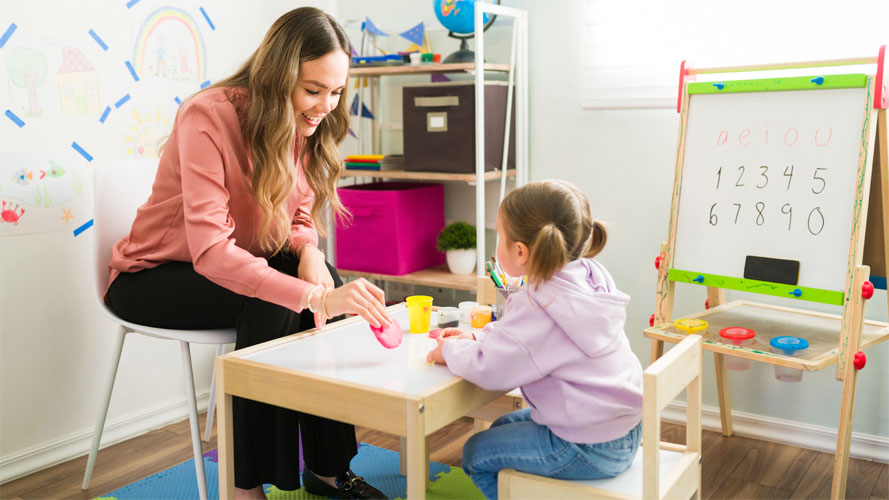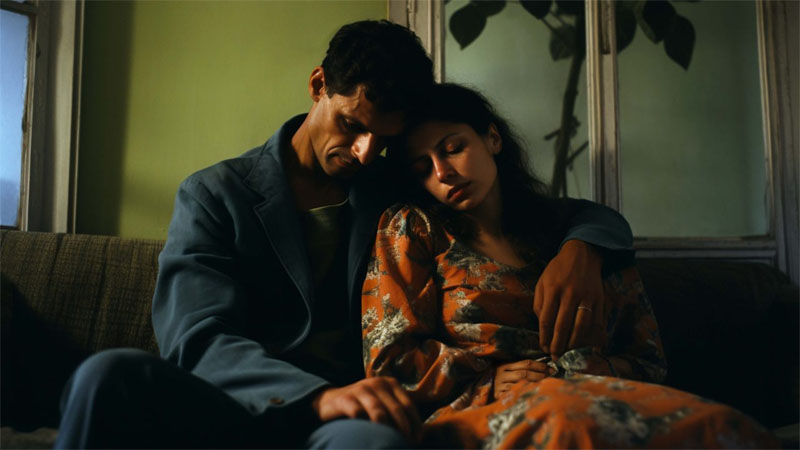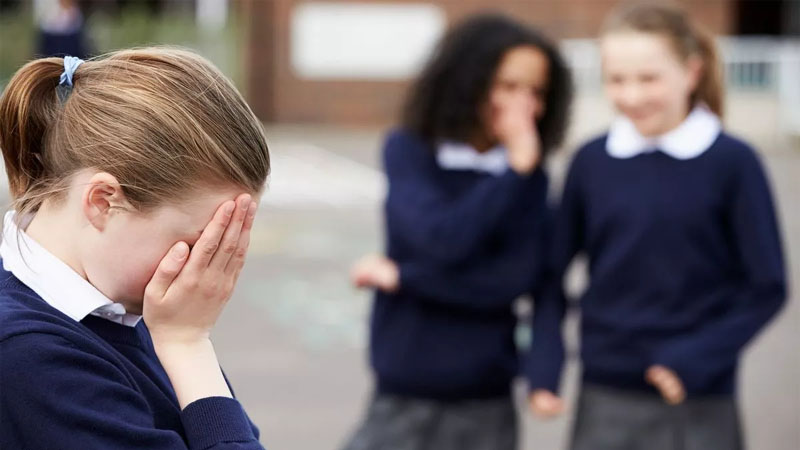Play Therapy and CBT for Children
Therapeutic Approaches for Children: Play Therapy, CBT, and Beyond
Mental health therapy for children is different from therapy for adults. Children often express their feelings, thoughts, and experiences in ways that are more concrete, such as through behavior or play, rather than verbalizing them. This makes it essential for therapists to use specialized approaches tailored to children's developmental stages and emotional needs. Two of the most effective therapeutic approaches for children are Cognitive Behavioral Therapy (CBT) and Play Therapy. These therapies can help address a wide range of mental health issues, from anxiety and depression to behavioral problems and trauma.
In this blog post, we’ll introduce these therapies and explain how they work to support children’s mental health.
Cognitive Behavioral Therapy (CBT) for Children
Cognitive Behavioral Therapy (CBT) is a widely used and evidence-based therapeutic approach that focuses on helping children identify and change negative thought patterns and behaviors. CBT is based on the idea that our thoughts, feelings, and behaviors are interconnected, and by changing negative thought patterns, we can change how we feel and act.
- How CBT Works for Children
CBT for children involves teaching them to recognize and challenge negative or unhelpful thoughts (such as fears or self-doubt) and replace them with more balanced or positive thoughts. Through this process, children learn how to cope with distressing emotions, manage anxiety, and overcome behavioral challenges. - For Example: If a child has anxiety about school, CBT can help them identify the specific thoughts that cause their anxiety (e.g., “I’m going to fail” or “I’ll get in trouble”), challenge those thoughts, and develop more realistic and positive thoughts (e.g., “I’m prepared” or “I can handle mistakes”).
- What CBT Can Help With
CBT is effective for a wide range of mental health issues in children, including: - Anxiety (generalized anxiety, social anxiety, phobias)
- Depression and low mood
- Behavioral problems
- Anger management
- Obsessive-compulsive disorder (OCD)
- Post-traumatic stress disorder (PTSD)
Through CBT, children gain tools for managing their emotions, improving their self-esteem, and developing coping strategies for life’s challenges.
- Benefits of CBT for Children
CBT is typically a short-term therapy with structured, goal-oriented sessions. It empowers children to become more self-aware and develop healthier ways of thinking and behaving. CBT also helps children build resilience, emotional regulation skills, and problem-solving abilities.
Play Therapy for Children
Play Therapy is a therapeutic approach that uses play as a medium for children to express their feelings, thoughts, and experiences. Since children often struggle to articulate their emotions with words, play becomes a natural way for them to process their feelings, work through trauma, and communicate with the therapist.
- How Play Therapy Works
Play therapy creates a safe, structured environment in which children are encouraged to engage in various play activities—such as drawing, role-playing, using toys, or building with blocks—to express their emotions. The therapist observes the child’s play and uses it as a tool to understand the child’s concerns and help them work through challenges. - For Example: A child who has experienced trauma might use dolls or action figures to reenact difficult experiences, which can provide the therapist with insights into the child’s feelings and allow for emotional healing through the safe expression of those feelings.
- What Play Therapy Can Help With
Play therapy is especially effective for children who have experienced trauma, abuse, or loss, as well as for those who have difficulty verbalizing their emotions. It can be used to help with: - Emotional regulation
- Social skills development
- Trauma and grief
- Behavioral issues
- Anxiety and depression
- Self-esteem issues
Play therapy allows children to explore their world and their emotions in a way that feels natural and non-threatening.
- Benefits of Play Therapy for Children
Play therapy helps children build emotional resilience, develop coping skills, and improve communication. It also promotes self-expression and can facilitate healing from difficult experiences. Children often feel more comfortable and willing to engage in play therapy, which can lead to meaningful therapeutic progress.
Other Therapeutic Approaches for Children
While CBT and Play Therapy are two of the most commonly used therapies for children, there are other approaches that can also be helpful in addressing children’s mental health needs. Some additional therapies include:
- Art Therapy
Art therapy allows children to express their emotions through creative mediums such as drawing, painting, or sculpture. This approach can be particularly helpful for children who find it difficult to express their feelings verbally. - Behavioral Therapy
Behavioral therapy focuses on changing specific behaviors through reinforcement and reward systems. It is commonly used to address issues like ADHD, conduct disorders, and aggressive behavior. - Family Therapy
Family therapy involves working with the entire family to improve communication, resolve conflicts, and strengthen relationships. It can be helpful for children dealing with family stress, divorce, or difficult family dynamics. - Mindfulness and Relaxation Techniques
Mindfulness-based therapies, such as mindfulness meditation or relaxation techniques, are increasingly used to help children manage anxiety, stress, and other emotional challenges. These approaches teach children how to focus on the present moment and regulate their emotions.
How to Choose the Right Therapy for Your Child
Choosing the right therapy depends on your child’s specific needs and the challenges they are facing. It’s important to work closely with a mental health professional to determine the most appropriate approach. A combination of therapies may also be beneficial, depending on the child’s needs.
- What You Can Do: If you’re considering therapy for your child, start by talking to a mental health professional who specializes in child therapy. They will assess your child’s needs and recommend the best therapeutic approach to help them succeed.

Conclusion
Therapy can be a transformative tool for helping children navigate emotional challenges, manage their mental health, and thrive. Whether through Cognitive Behavioral Therapy (CBT), Play Therapy, or other approaches, the right therapy can empower your child with the skills they need to overcome obstacles and develop healthy coping mechanisms. At Frame of Mind Clinic Psychiatry, we are committed to providing the support and resources your child needs to succeed.
If you’re considering therapy for your child or need more information, we’re here to help.









































